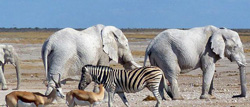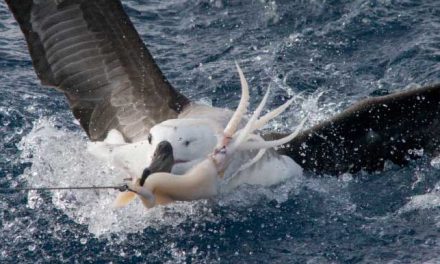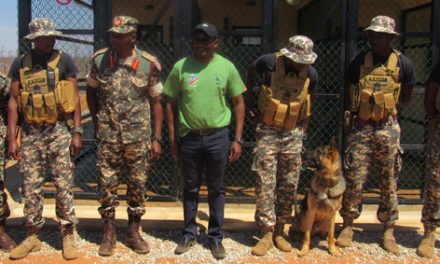
Conservancies call for review of Human Wildlife Conflict Scheme
The Human Wildlife Conflict Self Reliance Scheme aimed at providing compensation to directly offset the losses of communities and individual farmers caused to livestock and crops, is in need of a proper review in order to develop mitigation measures.
With the approval of the National Policy on Human Wildlife Conflict, the Ministry of Environment and Tourism (MET) introduced the Scheme, which started as a pilot project and later turned into a policy. In 2009, the Scheme was awarded N$60,000 as start up capital and recently received N$10 million to run its mitigation activities.
However, there are concerns as to whether the Scheme can sustain itself as the administration costs are said to be high. According to Chief Control Warden at the Ministry of Environment and Tourism, Uatirohange Tjiuoro, the Scheme does not take into account injuries caused by wildlife as well as crop damage. He said the Scheme also focused less on mitigation measures and that the resources to meet all the demands of the conservancies were limited.
Tjiuoro pointed out that besides the game guards not receiving training, many people are not made aware of the policy. He however pointed out that conservancies themselves are responsible for running the activities of the Scheme and in order to do that, there is a need for transparency and accountability of funds used. “Conservancies need to indicate their concerns regarding the Scheme and provide concrete evidence not just show projects on paper,” he said.
Tjiuoro, who was speaking at the two day workshop of the Conservancy Chairperson Forum held in Windhoek earlier this week, added that conservancies need to focus less on the payment scheme and concentrate more on implementing mitigation measures.”We must look beyond the Scheme, because the Scheme alone will not solve anything,” said Tjiuoro, adding that there is an urgent need for a database to record all the incidents covered under the Scheme.
An assessment conducted in 2011 revealed that crops and water points were damaged both in the Okavango and Caprivi regions and many lives where lost in the Kunene region all due to wildlife. Also, the funeral assistance of N$5000 given to the family in the case of being killed by wild animals is said to be insufficient to cover all expenses of a burial.
Addressing the issues regarding the funeral payment, Director for Parks and Wildlife Management, Colgar Sikopo, said the funeral assistance is mainly to buy a casket but the deceased’s family could use the money for other purposes as they wish.











































